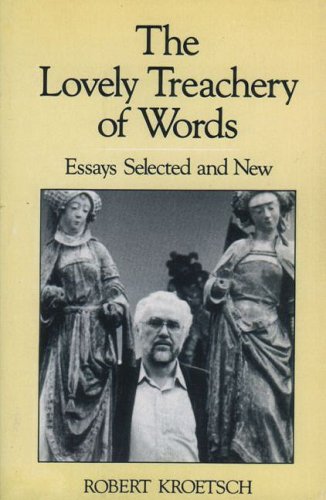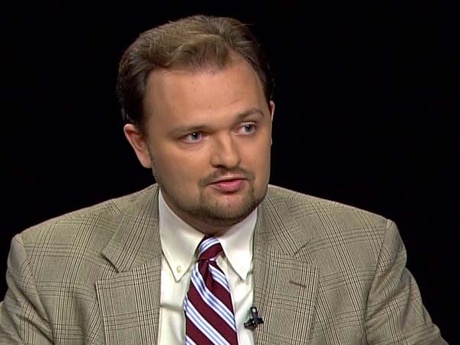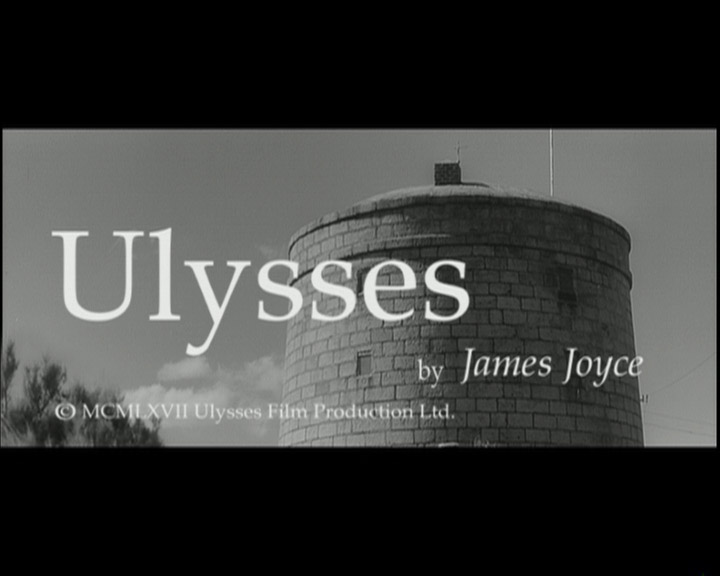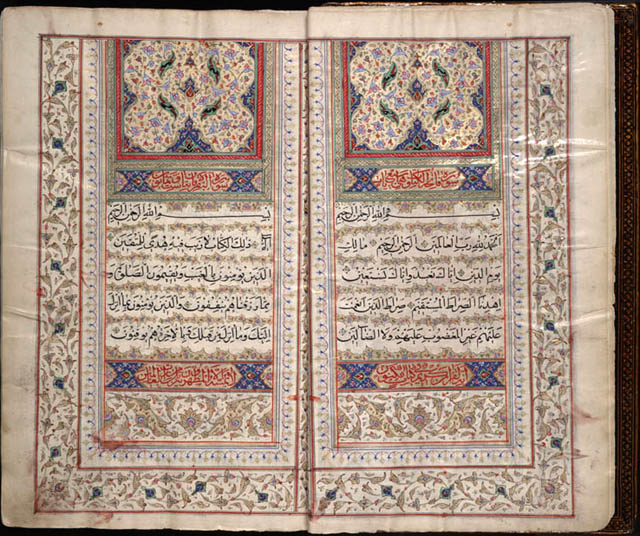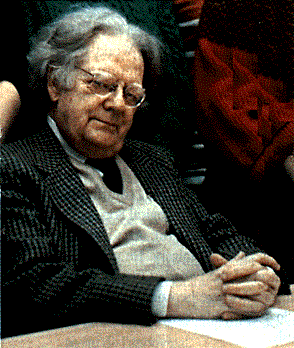
A call for papers via Neil ten Kortenaar
CFP: Educating the Imagination: A Conference in Honour of Northrop Frye on the Centenary of His Birth.
October 4,5,6, 2012, Victoria University in the University of Toronto
Twenty years after his death, Northrop Frye, the author of Fearful Symmetry and Anatomy of Criticism, continues to be one of the most read and the most quoted of literary critics. His attention to form, specifically to genre and mode, and his understanding of literature as a totality have directly influenced two later generations of critics, including Hayden White Fredric Jameson, and Franco Moretti. In order to celebrate this ongoing legacy, the Department of English and the Centre for Comparative Literature at the University of Toronto, Frye’s home throughout his career, have organized a three-day symposium in his honour.
Keynote speakers:
Ian Balfour, York University, author of Northrop Frye (1988), The Rhetoric of Romantic Prophecy (2002)
Robert Bringhurst, poet, author of A Story As Sharp As a Knife: The Classical Haida Mythtellers and Their World (1999) and Selected Poetry (2009)
J. Edward Chamberlin, University of Toronto, author of Come Back to Me My Language: Poetry and the West Indies (1993) and If This Is Your Land, Where Are Your Stories? (2003)
Michael Dolzani, Baldwin-Wallace College, editor of Frye’s Notebooks
W.J.T. Mitchell, University of Chicago, editor of Critical Inquiry and author of What Do Pictures Want? (2005) and Picture Theory (1994)
Gordon Teskey, Harvard University, author of Delirious Milton (2006); Allegory and Violence (1996)
There will be panels devoted to Frye’s specific legacy, which we are now in a better position to appreciate because of the completed publication of the Collected Works in thirty volumes. But we also invite speakers to take inspiration from Frye and to consider literary and cultural topics such as:
1. Educating the Imagination when the Humanities are under threat
Frye and Comparative Literature
2. The place of Western Literature and theory in a global context.
The spread and the provincialization of Europe.
The limits of the Great Code
3. Contemporary manifestations of traditional literary modes:
The popular romance
Contemporary tragedy
Irony after postmodernism
4. Creative responses to the Bible in an era of fundamentalism and secularism
5. The survival of the literary imagination in a digital age
6. Canadian literature in a postnational age
7. The Great Code and Islam
8. History as Narrative
9. Nature in an era of environmental crisis
10. Local literature, local forms
Proposals for papers or panels of papers are welcome. Abstracts of 200 words (for papers) are due January 31, 2012. Please send them by e-mail to frye.2012@utoronto.ca
Organizers: Alan Bewell, Chair, Department of English (a.bewell@utoronto.ca)
Neil ten Kortenaar, Director, Centre for Comparative Literature (neil.kortenaar@utoronto.ca), Germaine Warkentin
